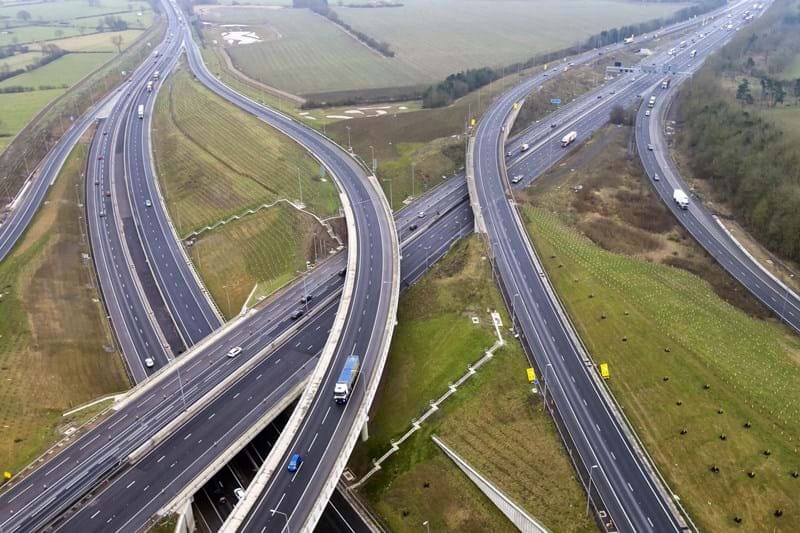Decarbonising transport and looking to the future by David Savage, vice president, UK and Ireland, Geotab
We’ve seen some incredibly progressive initiatives to encourage the adoption of decarbonising transport in the UK over recent years. They have included everything from targeted grants on vehicles at the point of purchase to investment and incentives in charging infrastructure (both public and private) and Vehicle Excise Duty (VED) rates tiered against carbon dioxide emissions from the tailpipe.
As a result of these programmes, we’ve seen a steady rise in the adoption of zero-emission vehicles on UK roads, with over 500,000 Battery Electric Vehicles (BEVs) currently registered. It is for this reason that the UK government set out to ban the sale of new passenger cars powered solely by petrol and diesel by 2030.
2030 stop sale deadline
However, just eight years out from the 2030 stop sale deadline, the UK government has announced that it will be introducing the standard rate of VED on zero-emission vehicles from 2025. In addition, a supplement was revealed for cars priced over £40,000; at today’s rates, a potential annual tax bill of £450 for mid to high-end EV available on the market today. This, too, combined with news that company car tax on EVs is set to increase from 2025 also.
This announcement, combined with the termination of the Plug-In Car Grant (PICG) and Electric Vehicle Homecharge Scheme (EVHS) earlier this year – a typically comparatively higher vehicle acquisition cost compared to ICE cars – and soaring electricity rates, begs the question whether the 2030 stop sell deadline will remain economically feasible for much longer.
Decarbonising transport adoption in the UK has undoubtedly been encouraging, with EVs such as Tesla’s Model 3 even taking pole position as the country’s best-selling car – of any fuel type – on a number of occasions. But with the numerous external factors facing the market, now is not the time to be rolling back incentive programmes and investments in the zero-emission transition.

Image by National Highways
We recently revealed that over half of light-duty fleet vehicles in Europe could save nearly £218m simply by switching to electric – and that 86% of fleet range needs can be covered by an EV 98% of the time. This data comes from Geotab’s Electric Vehicle Suitability Assessment (EVSA): a powerful tool that applies existing fleet telematics data against real-world EV performance data to create a blueprint for electrification. It helps our customers to understand how the switch to electric can work for them and their specific situation.
Our Macro EVSA research paper analysed 46,000 internet-connected ICE vehicles across 17 countries throughout Europe, comparing them against their battery-electric counterparts and real-world electric vehicle performance data.
EV match rates just 55% in the UK
However, we also found that the UK is lagging behind Continental Europe for overall range capability and economic viability. While countries such as Italy, Spain and Germany see EV match rates of around 70%, it’s just 55% here in the UK. This series of decisions from the government is demonstrably inhibiting the economic viability of this transition to decarbonising transport. With thoughts still on the recent COP27, where the urgency of maintaining the 1.5°C rise in global temperatures was underlined, now is not the time to undermine the importance of the crisis we face, nor walk back the advances we’ve made as a country. The road to decarbonising transport is one that has been paved for success before – we just need to ensure it gets the investment and focus it truly needs.
Written by David Savage for EV Fleet World © 2022.
Discover more about our fleet and workshop management or contact us for a free demo.
